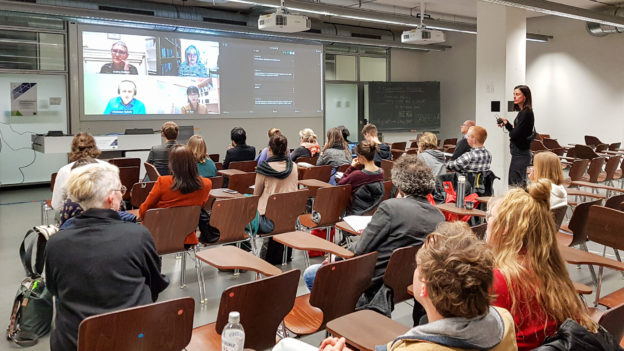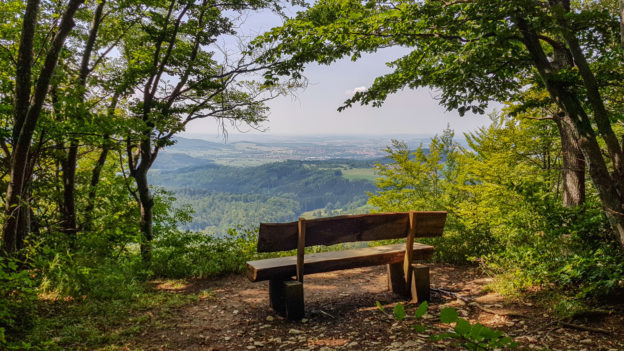Corona unveils a canvas to learn for the roles that planners need to explore, develop, and enact when facing global crises. Two counterintuitive claims help explaining. First, planning needs more uncertainty to take its roles. The more we know about the unfolding crisis, the harder any action becomes. This takes us to the heart of planning: values and societal goals. Second, planners should plan for uncertainty, both acknowledging and actively creating uncertainties. Reduction and production of different uncertainties are inevitably linked. Post-corona planning must even plan for uncertainty to succeed.
(more…)Tag: Post-Corona
-

Hybrid conferencing and hybrid academics – experiences and future thoughts
The future of academic work might look different than it used to be. We will not see the re-emergence of larger venues and (international) conferences before at least early 2021. While small-scale meetings become possible again, gathering with hundreds of people from different countries in one place seems to be of a distant past. Travel restrictions provide unequal opportunities to participate in academic events depending on locations. However, there is something in between going and not going. The sustainability of (large) conferences was in question long before Corona made the reduction of travels an immediate health necessity (see e.g. Wenner et al. 2019). Hybrid conferencing (digital & physical combined) and hybrid academics may be on the rise. In February 2020, without knowing about upcoming Corona restrictions, we engaged in a hybrid format in Dortmund on “Post-growth from international planning perspectives: Digital roundtable on the future of planning in a post-growth world”.
(more…) -

Post-Corona avenues in spatial planning practice & research
We live in an extreme situation in most countries since mid of March 2020. It can hardly be expressed with words in any of our languages. We are moved to see impacts as well as strong collective measures taken in Europe and worldwide. We all live in space and we will continue to live and plan in space. The more we get knowledge and control over COVID-19, the more we will be able to think ahead and to restart a collective debate on spatial visions, their ethical/moral foundations and ways to organize and lead them. I am active in discovering future possibilities for spatial planning, changes induced by Corona and our means to lead spatial development in times of crisis.
(more…)
